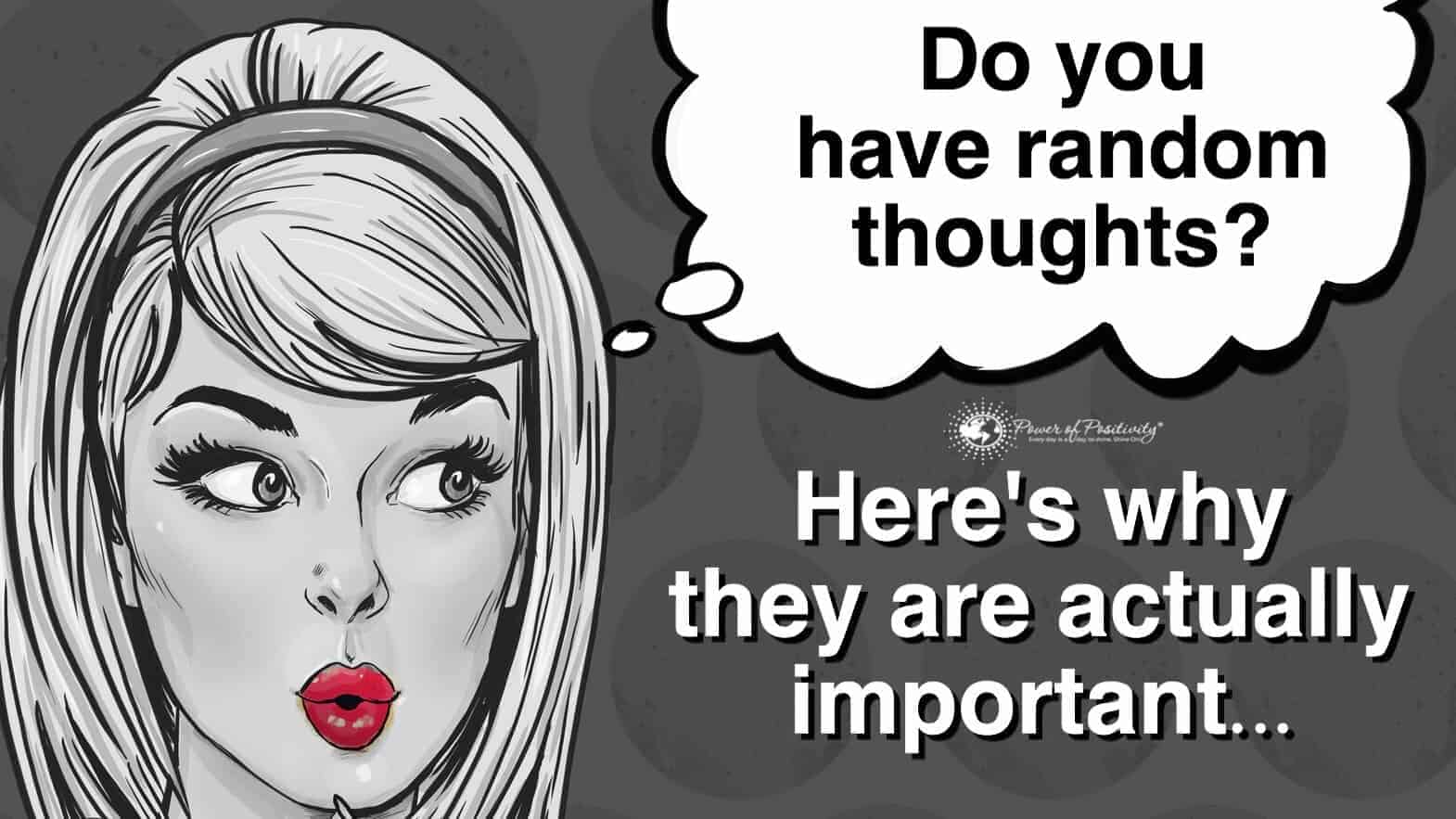According to scientists, some people call them earworms, and some call them mind-pops, but random thoughts that enter your brain for no apparent reason are important. Our brains can surprise us with sudden random memories. It could be a line from a play you were in from sixth grade or a song from a commercial you saw last week.
The complete unpredictability of these thoughts is a fun part of being human; we get to be ever-amazed by our brains. Even when science has explored almost all of our grey matter, they can still learn new things that we are capable of.
Stray or random thoughts are what scientists call involuntary semantic memories. These thoughts are involuntary, meaning they were not something you were trying to think of. Semantic refers to facts or events, but the word itself means meaning. These random thoughts are memories that come back to you when you aren’t expecting them and have no apparent meaning.
The most interesting part of these random thoughts is that they might not be random. Scientists think that these memories are trying to help you solve a problem.
This Is Why Random Thoughts Are Actually Important, Backed By Science
A song can get stuck in your head or randomly pop into your mind. Often, it’s just a portion of a song that we repeatedly hear in our minds, like the chorus. The distinguishing feature of mind-pops is that we have no conscious control over them.
Music that pops into your head at random is called involuntary musical imagery. The more scientific definition of this musical phenomenon is ‘introspective persistence of a musical experience in the absence of direct sensory instigation of that experience.’ In other words, you are hearing things that aren’t there but that you have heard before.
A musical earworm is usually a song with lyrics that you enjoy or a melody that brings up a particular emotion for you. These persistent songs that get stuck in your mind can be annoying. But what if they tried to solve a problem for you rather than annoy you?
Here’s an example:
- You are postponing doing your taxes because you have an unusual situation and might need help. Time goes by while you worry about this problem.
- Days later, the name song pops in your head, and you start singing ‘Banana fana fo fana, Hannah.’
- This makes you think of your friend Hannah whom you knew in college, who is now an accountant and can probably help you with your taxes.
The random earworm song that popped into your mind helped you to remember that you have a friend who can help you solve your problem. Problem solving is one way scientists believe our random mind pops benefit us.
A seemingly random thought can usually be traced back to a trigger. In this example, the trigger was the problem of needing help with filing taxes.
Why do we have random thoughts?
Scientists believe that random thoughts are likely the result of memory processing and also creative thinking. You may start to notice that you have mind-pops more often when you have a problem to solve.
It’s as if you have told your brain to search for things to help you solve the problem. As a result, your brain responds with random things that are connected.
‘Researchers speculate that mind pops are the result of long-term semantic priming, with an initial exposure to a source of information ‘activating a web of representations in the mind that stay activated until a relevant stimulus in our environment’ triggers the semantic memory. The tenuous relationship between some of these initial activation experiences and the semantic memories that result from them minutes, hours, and even days later hints at a correlation between mind-popping and creative thinking,’ an ability to perceive connections between seemingly unrelated concepts.
People who experience frequent random thoughts tend to rate higher on tests of creative thinking. In a study of the brains of research subjects and their random thoughts, ‘High-frequency mind pops were significantly associated with “larger grey and white matter volume in the prefrontal cortex. This increase in mind pops is also linked to higher creativity and the personality trait of ‘openness.”
How you can maximize random thoughts for your benefit
Being mindful is the best way to use random thoughts to enhance creativity. Here are a few ideas to help you allow your random thoughts solve problems for you:
- Dwell on the random thought for 90 seconds. Sing along with the song or immerse yourself in the memory that was brought up.
- Read 7 Things That Keep You From Living in the Now – Our guide to avoiding things that keep you from being mindful will help you make use of random thoughts when they happen.
- Think briefly about your current problem. What problems do you currently struggle with?
- Think about how the random thought and the problem connects. Does any connection exist at all?















 Community
Community

